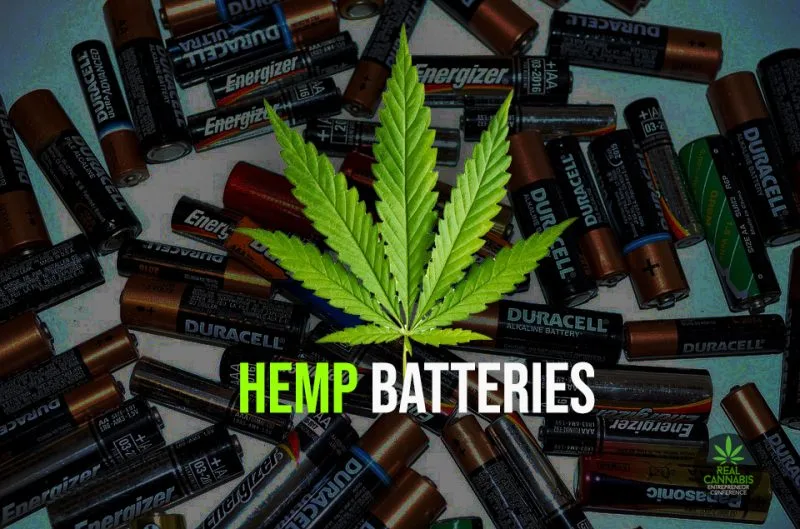
Welcome to the Financial Hub of Portal Hemp
A Diverse Financial Landscape for a Sustainable Future
At Portal Hemp, we’re committed to fostering a sustainable future through innovative financial solutions. Our diverse financial frameworks are designed to support the growth and development of hemp-based businesses worldwide.
Our Financial Offerings:
- Investment Opportunities: Explore a range of investment options, from direct project investments to equity financing, to support our groundbreaking initiatives.
- Impact Investing: Invest in projects that have a positive social and environmental impact, while generating financial returns.
- Sustainable Finance: Access tailored financial solutions that align with sustainable development goals and environmental, social, and governance (ESG) principles.
- Green Bonds: Invest in green bonds that finance projects with positive environmental and social benefits, such as renewable energy and sustainable agriculture.
- Crowdfunding: Participate in crowdfunding campaigns to support specific projects and initiatives, directly contributing to their success.
Our Financial Partners:
We collaborate with a network of financial institutions, impact investors, and sustainability experts to provide comprehensive financial solutions. Our partnerships enable us to:
- Secure Funding: Access capital to fuel our growth and expansion.
- Manage Financial Risk: Implement robust risk management strategies.
- Optimize Financial Performance: Maximize our financial returns while minimizing environmental impact.
Join us in building a sustainable future.
By investing in Portal Hemp, you’re not just making a financial decision; you’re contributing to a greener planet. Explore our financial offerings and discover how you can make a difference.






